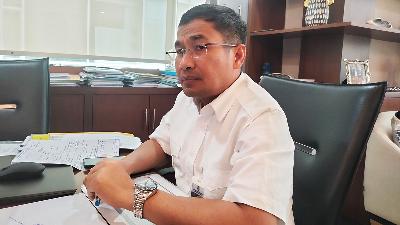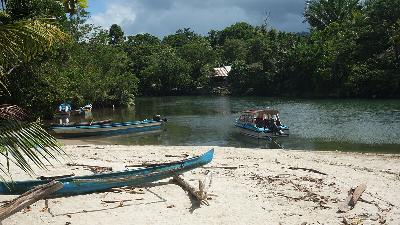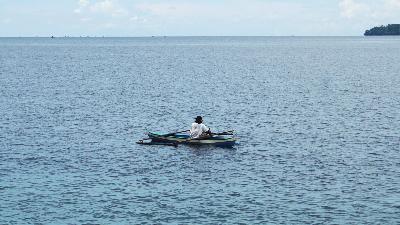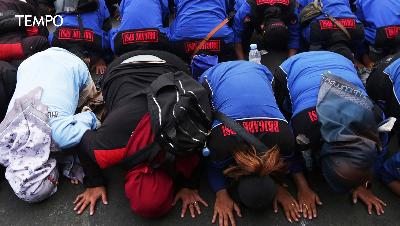Sasi Saves Nutmeg and the Maleo Birds
Monday, December 2, 2024
In Maluku, the sasi tradition is also applied to various natural resources to ensure their sustainability and quality.
arsip tempo : 174589344245.
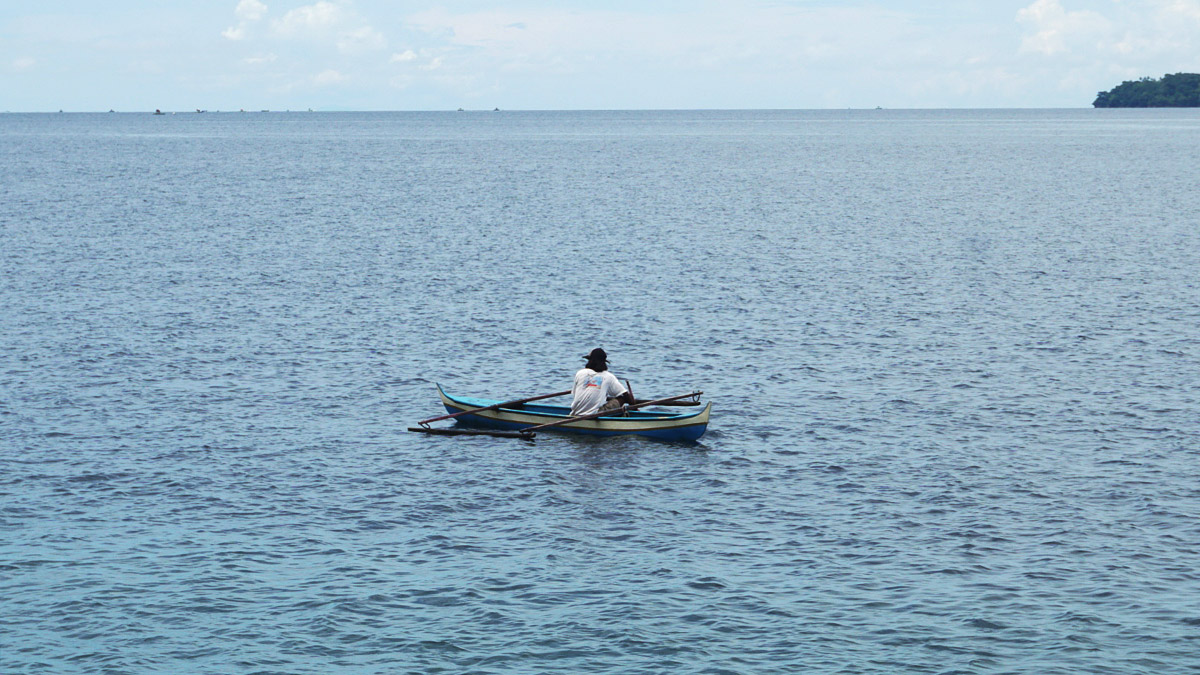
A VAST expanse of sand surrounded by lush trees greeted Tempo and the team from Jala Ina Foundation during a visit to Haruku Island, Central Maluku, Maluku, on Thursday, November 14, 2024. On the sand, there were dug-up holes, remnants of the maleo bird (Eulipoa wallacei) egg harvest.
The area, located across the coastline of Negeri (village) Kailolo, serves as the nesting ground for the bird known as the burung gosong (scrubfowl). While walking through the sandy field, a man appeared from the direction of a public cemetery behind Tanjung Maleo. “I manage this area!” the man exclaimed. He introduced himself as Abubakar.
Last year, Abubakar won the auction to manage the bird’s habitat for Rp40 million (around US$2,500). As the winning bidder, he has the right to dig for maleo eggs and participate in enforcing the sasi regulations for the maleo. Sasi maleo is a unique non-fisheries sasi (the tradition that prohibits anyone from harvesting natural resources during a specific period) customary law is practiced in this area, located 10 kilometers from Negeri Haruku.
The maleo bird has long been known to the people of Negeri Kailolo. According to a study titled Mapping Local Wisdom of Sasi Culture in Negeri Haruku and Negeri Kailolo, Haruku Island, Central Maluku Regency by Elisa J. Gaspersz and Halvina G. Saiya, the people of Negeri Kailolo have a legend about the maleo’s presence in their village.
The maleo is believed to be a golden ball brought by their ancestors. The golden ball disappeared into the sand and eventually turned into maleo eggs, which would later hatch into maleo birds. The maleo egg is oval-shaped and larger than the bird itself. “After laying eggs, the bird faints,” said Muksim Marasabessy, Secretary of Negeri Kailolo.
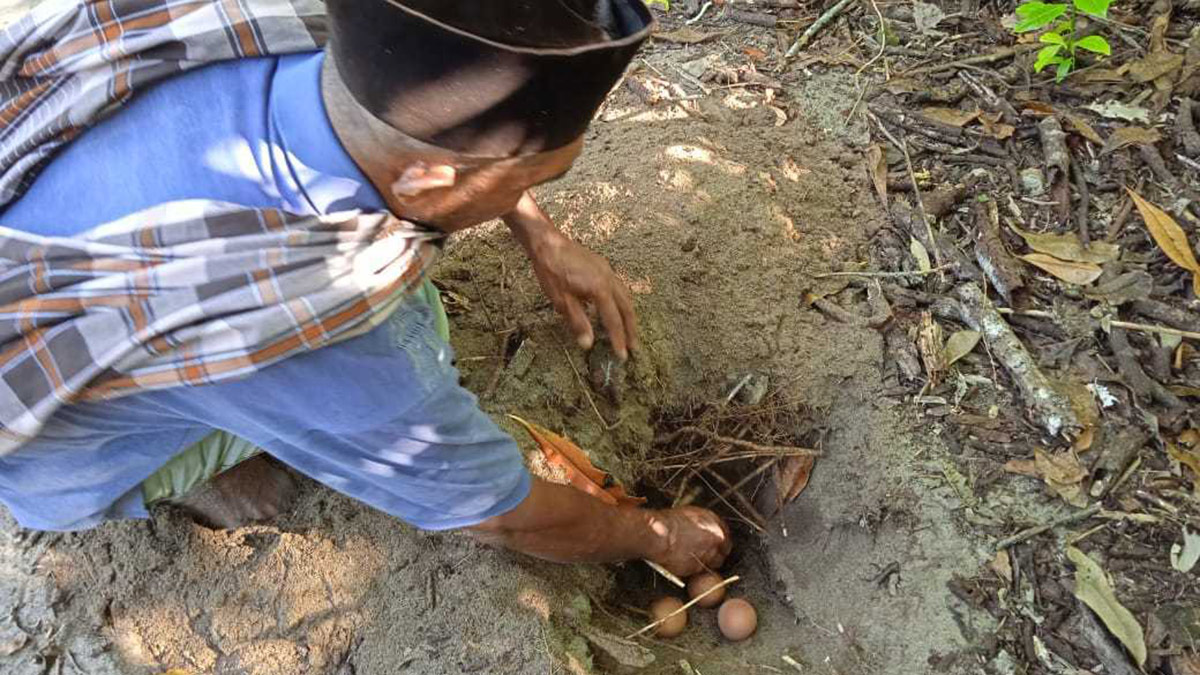
A resident collects the eggs of a Momoa bird or Gosong bird, a family of maleo from Maluku. Residents of Kailolo Village on Haruku Island, Central Maluku have customary rules or "sasi" to protect the momoa bird (Eulipoa wallacei) from egg hunting activities. Only designated people are allowed to harvest momoa bird eggs. Photo courtesy of Garda Animalia
Muksim explained that the sasi maleo tradition has been in place for generations. Typically, the sasi maleo auction is held every March 31 in front of the village authority office. During this event, people from all over Negeri Kailolo gather to participate in the bidding process. “The auction proceeds are handed over for mosque management,” said the 55-year-old man.
Living near Tanjung Maleo, Muksim has been familiar with the bustle of auctions and sasi maleo since childhood. He explained that the auction winner not only gains the right to harvest eggs at Tanjung Maleo but also assumes responsibility for protecting the area from egg theft during the sasi period.
Muksim noted that the positive impact of sasi in Tanjung Maleo is the preservation of the maleo ecosystem. During the egg-laying season, most maleos are in this area. “Although they are not here year-round, the birds always return during the nesting season,” Muksim said.
To strengthen the sasi maleo regulations in Negeri Kailolo, the village authority and Jala Ina Foundation recently drafted a village regulation. Jala Ina Executive Director Muhammad Yusuf Sangadji said that the initiative to reinforce the sasi maleo rules came from the Negeri Kailolo community.
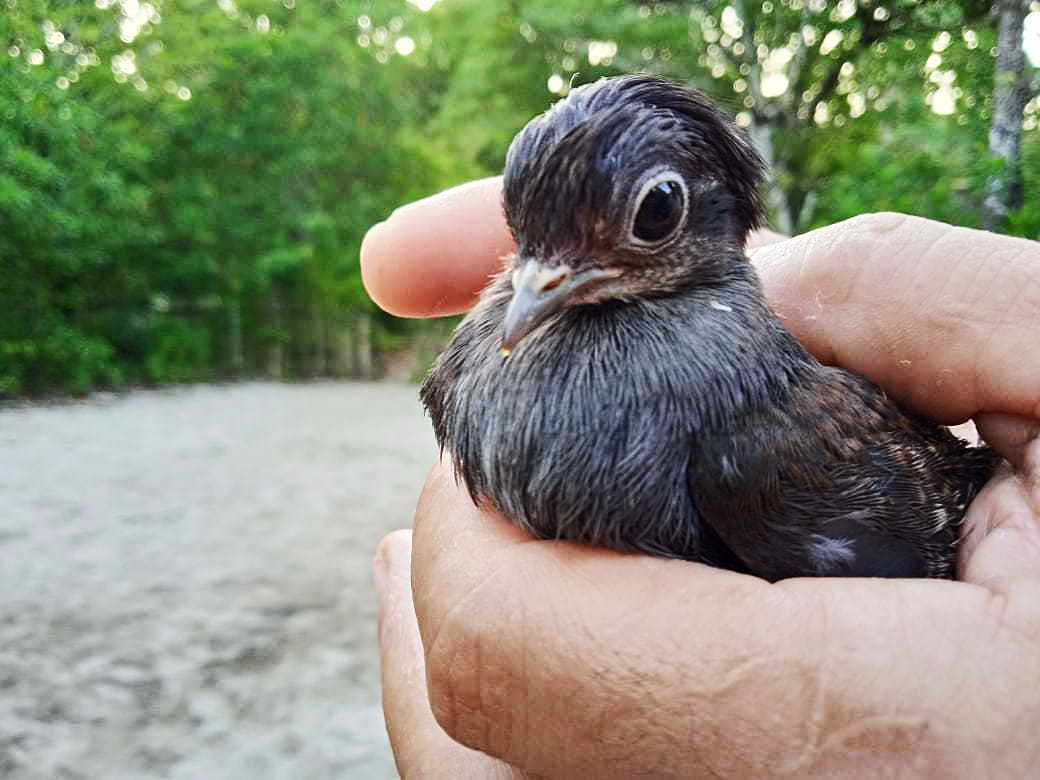
Momoa bird or Gosong bird which is a maleo family from Maluku, Kailolo Village on Haruku Island, Central Maluku. Photo courtesy of Garda Animalia
Yusuf stated that the customary law tradition governing sasi maleo in Negeri Kailolo carries social and cultural values that have been practiced over the years. “There is a principle of justice here. As a result, the community adheres to the ongoing sasi,” Yusuf said.
Non-fisheries sasi in Maluku can also be found in Negeri Seith, Leihitu subdistrict, Central Maluku Regency. Located approximately 26 kilometers from Ambon City, this area is renowned for its sasi pala (nutmeg). Similar to sasi maleo in Negeri Kailolo, sasi pala in Negeri Seith also employs an auction system.
Abubakar Hataul, one of the Chiefs of the Soa—a group of clans in Negeri Seith—, explained that the proceeds from the sasi pala auction are entirely allocated to the mosque. The mosque management appoints the committee to hold the auction. “We uphold this practice to maintain the mosque’s sustainability. The proceeds from sasi are used for that purpose,” said Abu, as he is affectionately called, on Tuesday, November 12, 2024.
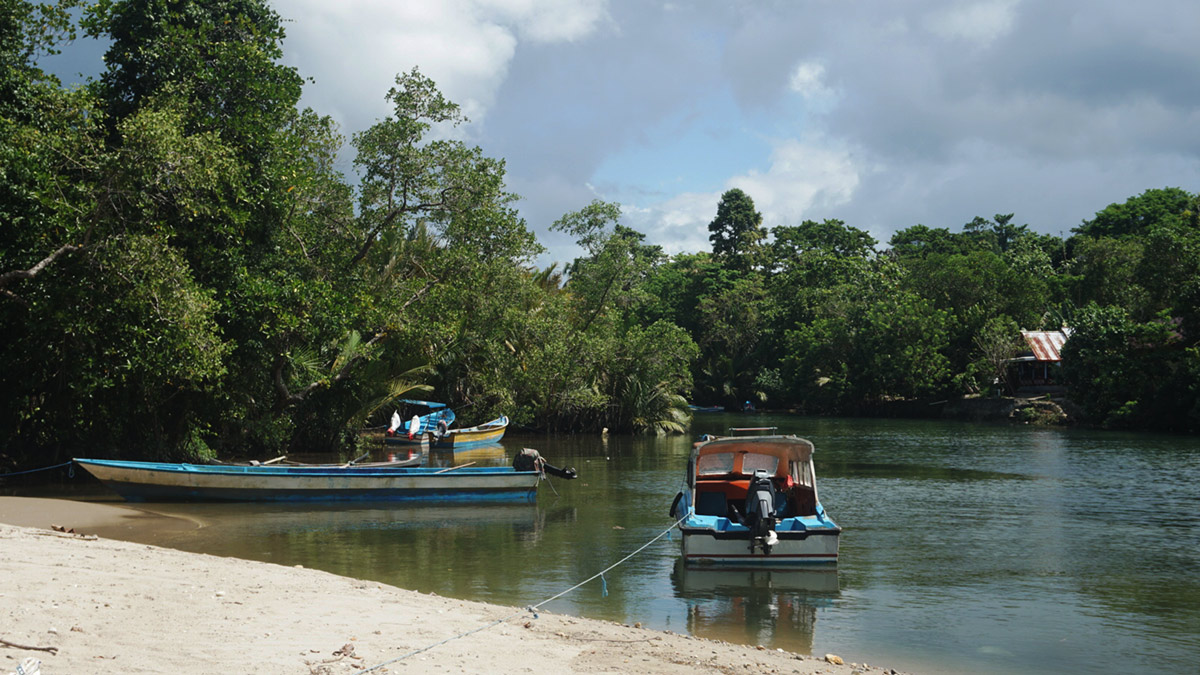
Four motorboats docked at the edge of an estuary leading to Haruku waters, the site of the lompa sasi, in Pulau Haruku subdistrict, Central Maluku, November 11, 2024. TEMPO/Yosea Arga
Before the auction takes place, an initial announcement is made through the mosque’s loudspeakers. Later, villagers gather at the mosque to participate in the auction process. As a marker for the sasi period, the mosque-appointed committee ties nutmeg leaves to the nutmeg trees.
Abu explained that his village has abundant nutmeg resources. The best-quality nutmeg sent out of Maluku often originating from Negeri Seith. Besides being used for mosque needs, the sasi tradition in Negeri Seith aims to enhance nutmeg quality and prevent excessive exploitation. “If someone is caught stealing, they are punished under customary law. Even elders can’t oppose it. That’s the strength of sasi,” said Abu.
With such markers in place, Abu noted that the people of Negeri Seith understand when the sasi period is in effect. According to him, the consistent implementation of sasi has led to increasingly abundant harvests, as well as improving the nutmeg quality in Negeri Seith. “Just ask the buyers about the quality of nutmeg from Seith,” Abu remarked.




